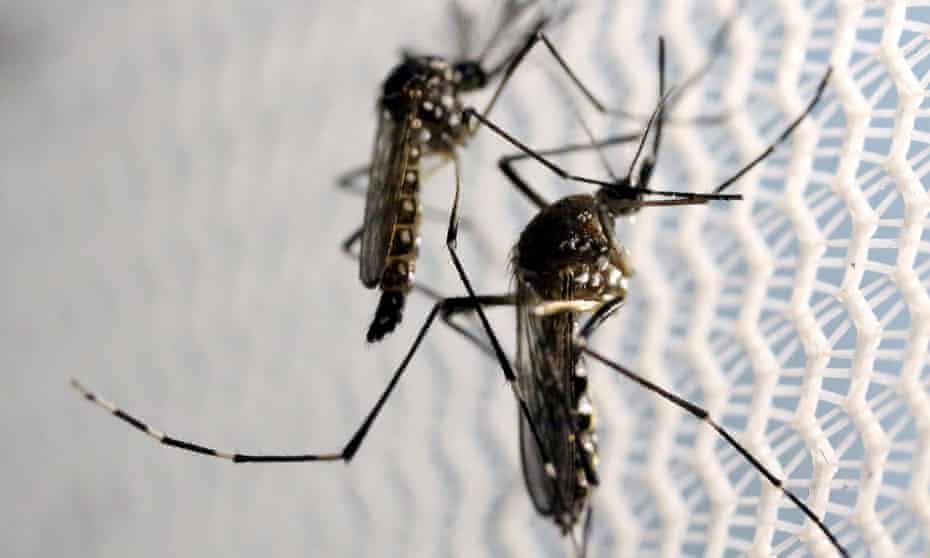Last March, The U.S. Environmental Protection Agency (EPA) approved plans from biotech company Oxitec to release billions of genetically engineered mosquitoes in Florida and California to fight mosquito-borne diseases.
The plan is: the male Aedes aegypti mosquitoes have been genetically altered to express the protein tTAV-OX5034. Once these males reproduce with wild female mosquitoes, the protein will be passed on and kill the female offspring which is responsible for biting and infecting people with diseases.

“There needs to be more transparency about why these experiments are being done,” said Natalie Kofler, a bioethicist at Harvard Medical School. “How are we weighing the risks and benefits?”
Kofler added that the experiments may also be better suited for more tropical regions of the world as California has never witnessed a case in which an Aedes aegypti was found to transmit disease.
“We are concerned that current government oversight and scientific evaluation of GM mosquitoes do not ensure their responsible deployment,” Kofler and four other academic scientists wrote all the way back in 2020 expressing a concern that the EPA was relying on internal data, that could be biased, from the biotech companies in making its decisions.

Kofler and her colleagues requested that EPA scientists seek out the opinion of independent experts instead of relying on Oxitec. Kofler added that the EPA was possibly “getting caught a little flat-footed.”
“It’s not a modern enough regulatory structure,” she said, “for a very modern and complicated technology.”
Residents who live near areas where the first engineered bugs may be released are also concerned that Oxitec plans to release a maximum of 3.5 million mosquitoes a week.
“This is alarming,” said Angel Garcia a resident of Visalia, one of the targeted areas. “Residents have not been consulted and they have not consented to be part of this.”
“It’s as if this is already a done deal,” he said.
Public comments can be emailed to mosquito.ra@cdpr.ca.gov until April 19 however for now it seems plans to go ahead with the experiment are underway.


